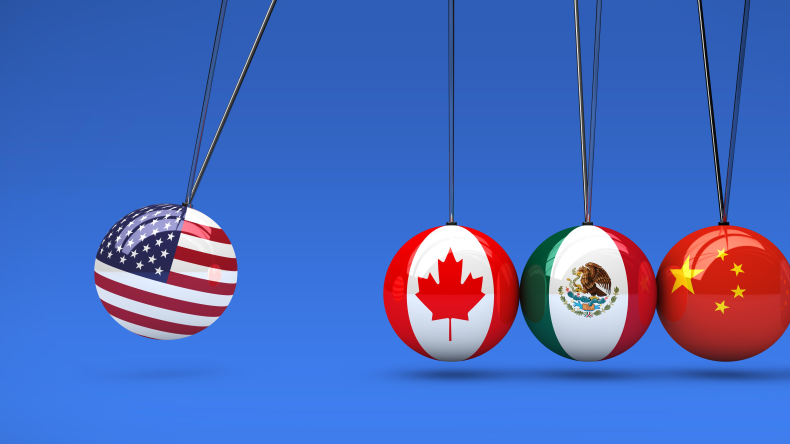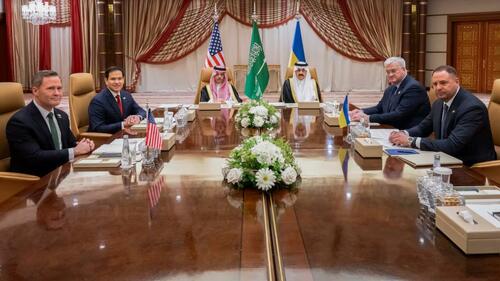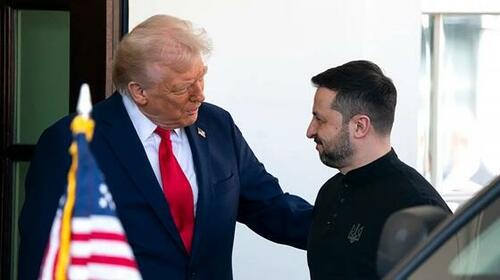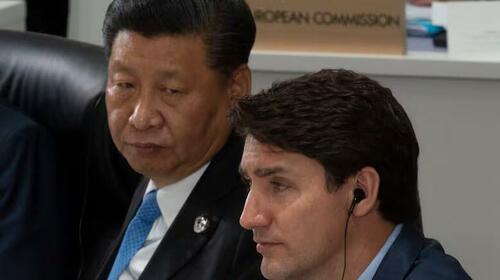Greenland Elections: US, Denmark, Or Independence?
Via RF/ERL,
Greenland’s upcoming elections have gained global attention after former U.S. President Donald Trump expressed interest in acquiring the territory.
While most Greenlanders favor independence, they rely heavily on Denmark for economic support.
Three of the five political parties support independence, but the path to full sovereignty requires a deal with Denmark, a Greenland-wide referendum, and approval from the Danish parliament.
Normally the elections for the 31-member Inatsisartut, the parliament of Greenland, would get scant attention.
The world’s biggest island, with a population of just 60,000, is rarely in the news.
That changed in January, when incoming US President Donald Trump expressed an interest in taking control of the strategically located and resource-rich territory.
The move sent shockwaves throughout Europe, notably for fellow NATO ally Denmark, to which Greenland in fact belongs.
(While Copenhagen oversees foreign and monetary policy, Greenlanders control most domestic issues.)
That has meant all eyes will now be on the March 11 elections, called by Greenland’s prime minister, Mute Egede, after Trump’s pronouncements.
And while regular domestic issues are part of the election campaign, the overriding issue is clear: Go American, stay Danish, or aim for independence?
To be clear, most Greenlanders don’t want to become American, and none of the five parties in parliament is advocating for it. Along with Danish Prime Minister Mette Frederiksen, Egede has made clear that Greenland — which is an autonomous territory in the Kingdom of Denmark — is not for sale and that only Greenlanders can decide its future.
Interestingly, the parliament recently passed a law banning both anonymous and foreign donations in the election campaign.
But what if an offer they can’t refuse comes their way?
The United States first expressed an interest in the island in the 19th century, and the territory is actually closer to North America than the European continent. Greenland’s security is already guaranteed by virtue of an US air base in the north.
And the Arctic is certainly not off-limits for the major powers.
Both China and Russia are active in the region, not only for the region’s lucrative rare earth materials but also due to warmer temperatures melting sea ice and opening up lucrative trade routes.
Even if the island doesn’t become American anytime soon, there could be some sort of free trade or association deal with Washington in the future.
Then again, the Greenlanders can be a conservative bunch.
Where others may see lucrative business opportunities, many of them see a homeland that should be preserved. Only two mines currently exist in Greenland, and the last election, in 2021, was dominated by the popular decision to limit oil and gas exploration and ban the mining of uranium.
It is here where Denmark comes into the picture.
Three of the five political parties want independence from Denmark, including Prime Minister Egede’s left-wing Community of the People party, which finished first four years ago and is likely to finish on top again.
The same is true for the ruling party’s current coalition partner, the social-democrat Forward party, which aims to finish second. The liberal Democrats party, which prefers to remain in a union…










